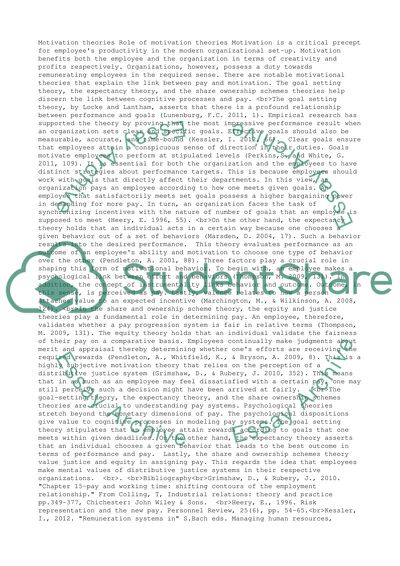Human resource management Essay Example | Topics and Well Written Essays - 500 words - 6. Retrieved from https://studentshare.org/business/1639920-human-resource-management
Human Resource Management Essay Example | Topics and Well Written Essays - 500 Words - 6. https://studentshare.org/business/1639920-human-resource-management.


